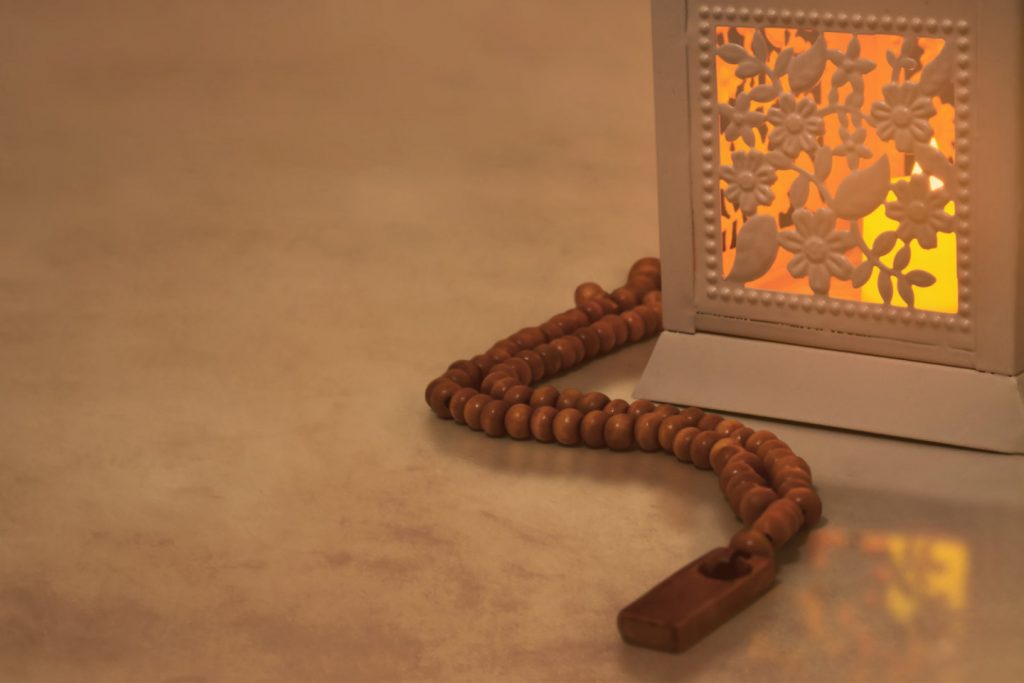ISLAM | Definition, beliefs, texts, symbols, holidays, worship

TL;DR: Islam was founded in the 7th century by the Prophet Muhammad, which Muslims honor with “Peace be upon him” after every mention of his name. He is the last in a long line of prophets.
Islam is the dominant religion in Central Asia, Indonesia, the Middle East, North Africa, the Sahel, and some other parts of Asia. The number of believers in the Asia Pacific region easily surpasses those in the Middle East and Africa. There are approximately 1.8 billion Muslims worldwide, making Islam the second-largest religion practiced around the globe.
Texts
Muslims believe that the Quran was orally revealed by God to Muhammad, through the archangel Gabriel over a span of more than 20 years, beginning in the month of Ramadan and ending in 632, the year of his death
RELATED: Discover more stories and articles on Islam
Beliefs
The five pillars are the core beliefs of Islam. The first pillar is the Profession of Faith (Shahada). It is the belief that “There is no god but God, and Muhammad is the Messenger of God.”
The second pillar is Prayer (Salat). Muslims must pray five times a day while facing Mecca (Muhammad’s birthplace). The prayer includes a recitation of the opening chapter (Sura) of the Qur’an and can be performed on a rug or mat.
The third pillar is Alms (Zakat), where Muslims must donate a fixed portion of their income to those in need. Rulers and rich Muslims also build mosques, hospitals, and schools as a form of charity.
The fourth pillar is fasting (Sawm). During the daylight hours of Ramadan, the holy month of fasting, Muslims renew their dedication to God and their religious duty to those less fortunate.
The fifth pillar is Pilgrimage (Hajj). It requires that every able Muslim must make at least one trip to Mecca in Saudi Arabia in their lifetime.
Symbols
The star and crescent are well-known symbols used to represent Islam. It’s featured on the flags of several countries. The five points on the star represent the five pillars. The crescent moon marks the beginning of Ramadan.
Holidays
Holidays in Islam rely on the Hijri calendar, a lunar calendar. Al-Hijra is known as the Islamic New Year. Eid ul-Adha is a festival of sacrifice and Eid ul-Fitr is the end of the Muslim month of fasting known as Ramadan. It involves a three-day celebration with a feast.
The Prophet Muhammad’s birth is also celebrated. The holiday is filled with celebrations, meals, and discussions of Islam.
Worship
Islam is a monotheistic religion that worships Allah. Muslims worship at mosques by praying and reciting the Quran because they believe there is judgment and life after death. They recite the Quran five times a day: at dawn, noon, late afternoon, sunset, and night.